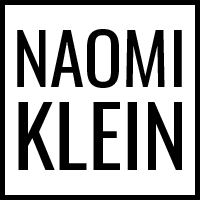Guest Post: Seven Year After Katrina, A Divided City
August 30th, 2012By Jordan Flaherty Published by The Louisiana Justice Institute A version of this article originally appeared on TruthOut.org. Seven years after Hurricane Katrina, New Orleans has become a national laboratory for government reforms. But the process through which those experiments have been carried out rarely has been transparent or democratic. The results have been divisive, pitting new residents against those who grew up here, rich against poor, and white against Black. Education, housing, criminal justice, health care, urban planning, even our media; systemic changes have touched every aspect life in New Orleans, often creating a template used in other cities. A few examples: - In the weeks after Hurricane Katrina, more than 7,500 employees in city's public school system were fired, despite the protection of union membership and a contract. Thousands of young teachers, many affiliated with programs like Teach For America, filled the empty slots. As charters took over from traditional public schools, the city became what then-superintendent Paul Vallas called the first 100% free market public school system in the US. A judge recently found that the mass firings were illegal, but any resolution will likely be tied up in appeals for years. - Every public housing development has either...

